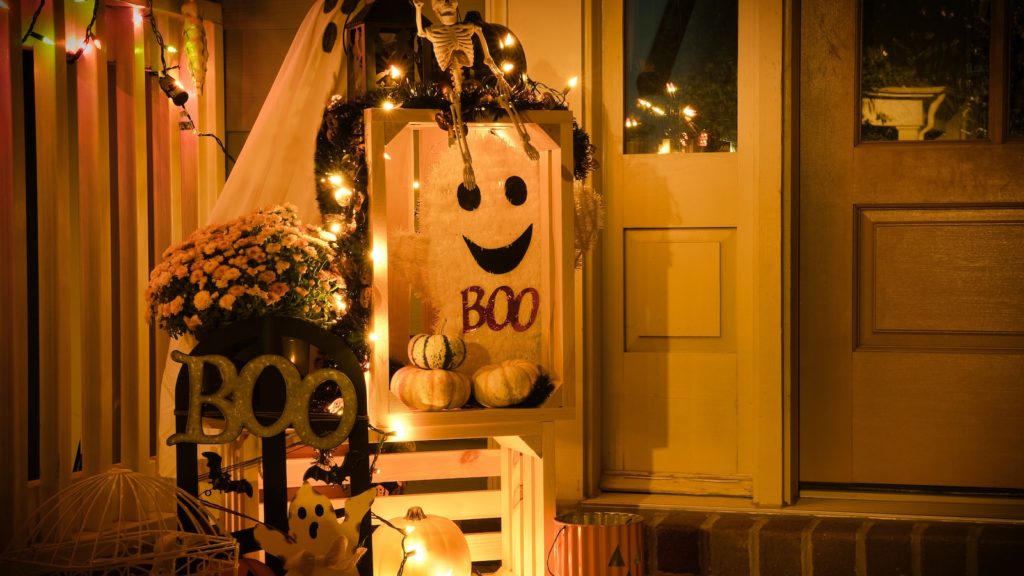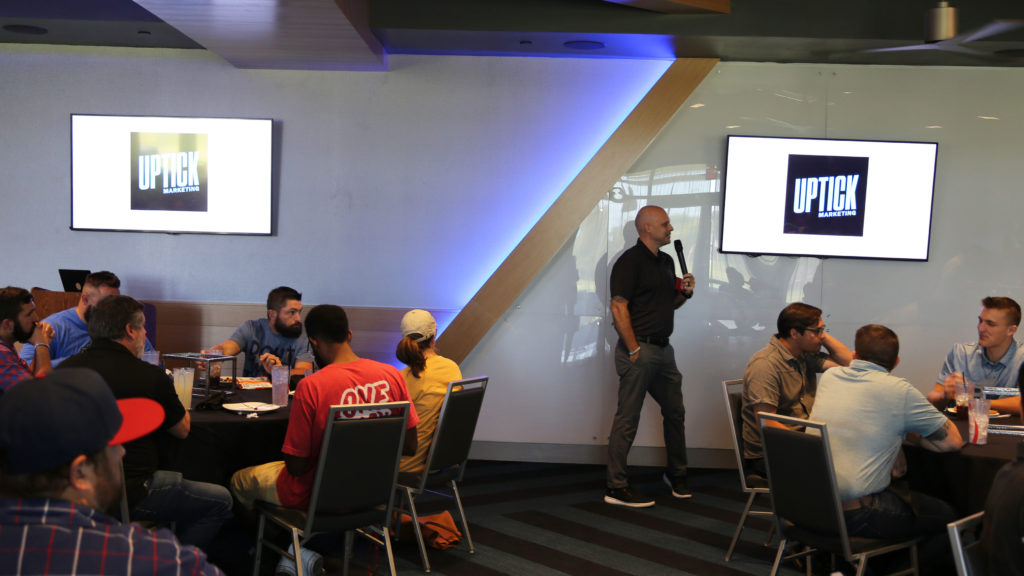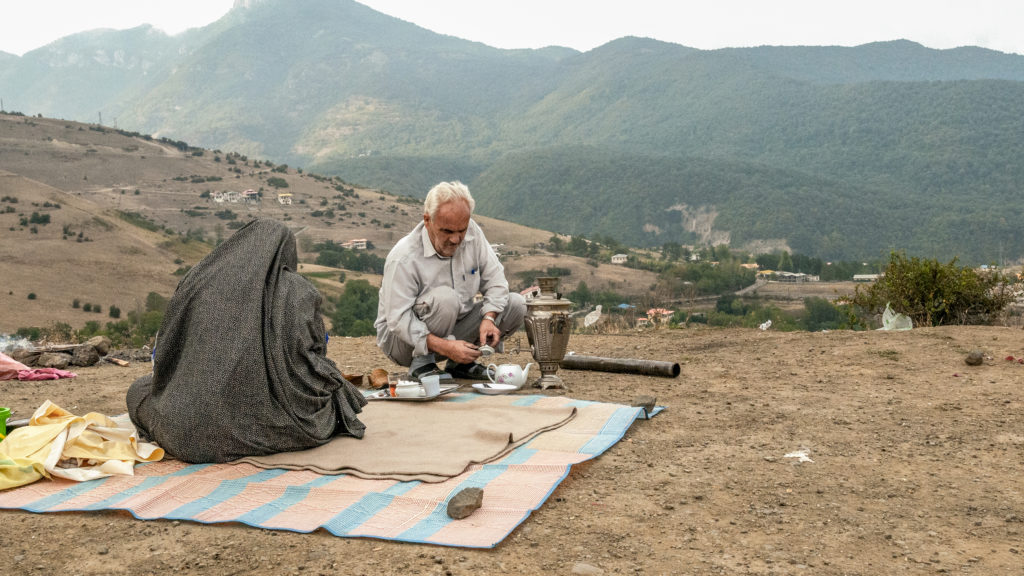There was little in life to predict that Cebrián Bolívar would one day become a missionary in one of South Asia’s most populated cities. He grew up on a farm high in South America’s Andes Mountains where his parents and siblings still scratch a living from the soil.
But that was before he met Sam Cordell.
Cordell was a Southern Baptist representative with a plan. In less than a decade he trained a cadre of 200 Quichua Indian believers to range the scattered mountain villages of their people, planting churches. And Bolívar was one of the best; he planted 26.
When Cordell announced he was leaving South America for Asia, Bolívar was one of several who asked if they could go with him.
You have always told us to reach out beyond ourselves, they said. Cordell agreed. But it won’t be easy, he warned.
No Hesitation for Asia
Life is hard in the high Andes. Farmers earn little more than enough to survive. There is not a lot left over to support someone on the missions field. And of his father’s 10 children, Bolívar was the one his parents thought most likely to stay home, take over the farm and care for them in their old age.
When the idea of Bolívar serving in Asia came up, his parents were against it.
One day Bolívar asked his father the following questions: “Father,” he said, “if you have 10 sheep, how many belong to the Lord?”
“One,” his father said.
“And 10 chickens?” Bolívar asked.
“Again, one,” his father answered.
“Father, you have 10 children,” Bolívar said. “Shouldn’t one go to the Lord?”
Langauge and Support Barriers
In the end, Bolívar’s going to South Asia and working with Cordell came down to the matter of a tithe.
But the tithe was just the beginning. Cordell told him getting to South Asia wasn’t going to be easy. First there was the matter of language. And then there was the matter of support.
Bolívar’s first language is Quichua; his second is Spanish. But it is not the Spanish of the classroom. It is the language of the street. And neither Spanish nor Quichua are of much use in South Asia.
In 2008, Bolívar began studying English through an Internet course. And when he arrived in 2011, he began the study of his fourth language: Hindi.
Local support
He used the years between to garner support he would need by speaking with churches and individuals up and down the Andes, sharing his passion for South Asian peoples and what it would take to get there.
Now more than two years into his three-year commitment, 20 Quichua families set aside money from their meager earnings and send the funds needed to support Bolívar. None of them are wealthy. Only two families own a motorized vehicle.
Yet they are faithful.
And Bolívar, in turn, continues to grow in knowledge of his new land, its languages and customs. He has an affinity for students a bit younger than his 27 years. They are attracted to him and include him in their gatherings and outings. He has even traveled across the continent with a couple of them.
This year, Cordell and Bolívar saw the first one among them make a commitment to Christ.
Cordell will tell you it’s all part of the plan.
EDITOR’S NOTE — Names have been changed for security reasons.
(IMB)






Share with others: